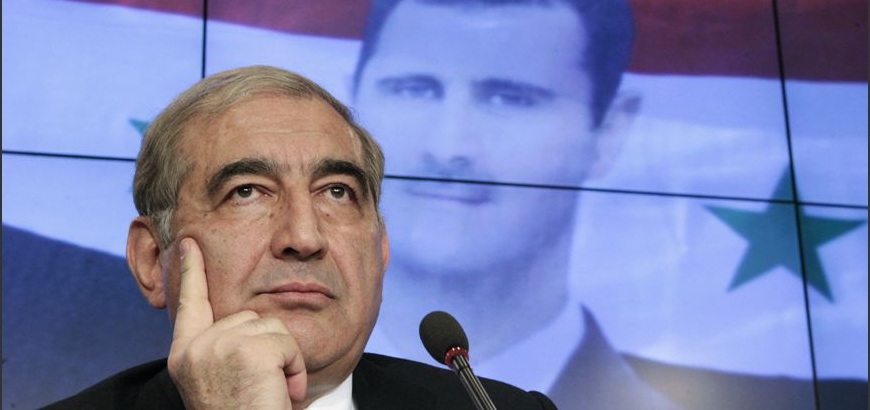The head of the opposition’s Moscow platform, Qadri Jamil, has informed the Saudi Foreign Ministry that his bloc would not be attending the Riyadh II meeting on Wednesday, citing disunity during preparations for the summit.
Jamil said that there was a “lack of agreement during the preparatory council meeting for the conference around the bases and principles of the single negotiating delegation that should be produced by the broad meeting in Riyadh.”
According to the statement, the Moscow platform said that “an attempt by some opposition parties to exploit the meeting in Riyadh as a platform to announce their particular political positions and views was outside the effort which the Kingdom of Saudi Arabia exerted in contributing to the formation of a single delegation.”
Jamil claimed that some participating parties had insisted on imposing a closing draft which the Moscow platform considered outside the text of Security Council Resolution 2254.
However, Alsouria Net obtained reports from sources in Riyadh who denied Jamil’s claims and said that the reason for the platform’s refusal to participate related to the lack of agreement around President Bashar al-Assad leaving at the beginning of the transitional phase.
According to the sources, the Moscow platform said that the call for Assad to step down was a precondition before negotiations in Geneva, and that the negotiating delegation had to propose the issue of Assad’s departure during the negotiating process and not before. Therefore, no agreement was reached with them during the preparatory meetings.
The Saudi Foreign Ministry invited the groups participating in the three-day meeting to select their representatives to the High Negotiations Committee, which will later elect a new coordinator, and to select the members of its negotiating delegation to Geneva.
Previously, Riyad Hijab, who resigned his position as HNC chair, said that the “Moscow platform was created by the regime intelligence agencies and they have no problem with Assad. Therefore they are not opposition.”
On Monday, Syrian opposition members in Riyadh launched a campaign rejecting the participation of the Moscow platform, which is backed by Russia.
According to the official statement of the campaign, directed at conference members in the Saudi capital, the Moscow platform’s rhetoric did not agree at all with that for which the Syrian revolution began in March 2011. It explained that the Moscow platform was sticking to its position of not talking about Assad’s departure, and was “indifferent to what happened to the Syrian people, and indeed was participating in legitimizing their killing.”
Campaign members said in their statement that they rejected the platform’s participation in any body produced by the opposition and rejected any statement that did not include Assad’s removal and the formation of a fully empowered transitional body.
The campaign issued the hashtag “We reject the Moscow platform” on Facebook and Twitter, which was picked up by hundreds of activists, journalists, writers and rights advocates, in addition to gaining the support of defected officers and fighters in the opposition.
This article was translated and edited by The Syrian Observer. Responsibility for the information and views set out in this article lies entirely with the author.


